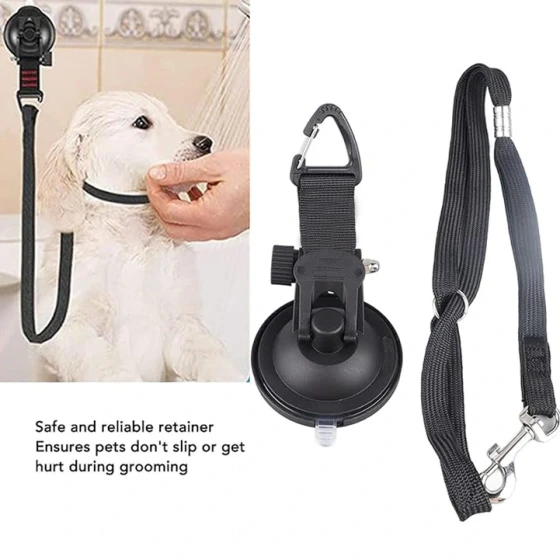What are the effects of lecithin on dogs?
Many pet owners have noticed a type of health product on the market called lecithin. Many sellers mainly promote its function as improving coat quality, but does it really have such a significant effect? What are its main functions?

What are the effects of lecithin on dogs?
Lecithin, also known as phosphatidylcholine, is regarded as the "third nutrient" alongside protein and vitamins. However, few people truly understand lecithin. So what effects does lecithin have on dogs? Lecithin is a major component of biological cell membranes. Consuming sufficient lecithin can help repair damaged cell membranes, enhance cell functions, activate bodily metabolism, prevent premature aging, while supplementing essential fatty acids in the body. It effectively alleviates skin allergies and itching, making the coat naturally thick, dense, and shiny.

What are the effects of lecithin on dogs?
The editor casually discovered that there are many types of lecithin for dogs. Which one is better? The pet market is quite mixed, lacking industry standards with low entry barriers, resulting in many substandard products. Some are counterfeit foreign brands selling dog lecithin at high prices pretending to be imported. In pursuing effectiveness alone, some even add hormone ingredients. Although this kind of lecithin seems very effective, long-term consumption can harm health. Some people ask, what kind of lecithin can both promote healthy skin and coat for dogs and be effective? With the development of the domestic pet economy, many emerging brands have appeared. To compete with well-established lecithin brands, besides affordable prices, they also offer unique features.

What are the effects of lecithin on dogs?
The editor still suggests pet owners, whether for dogs or humans, especially when purchasing ingested products, to choose reputable large brands. These generally meet inspection standards and offer relatively more assurance.



